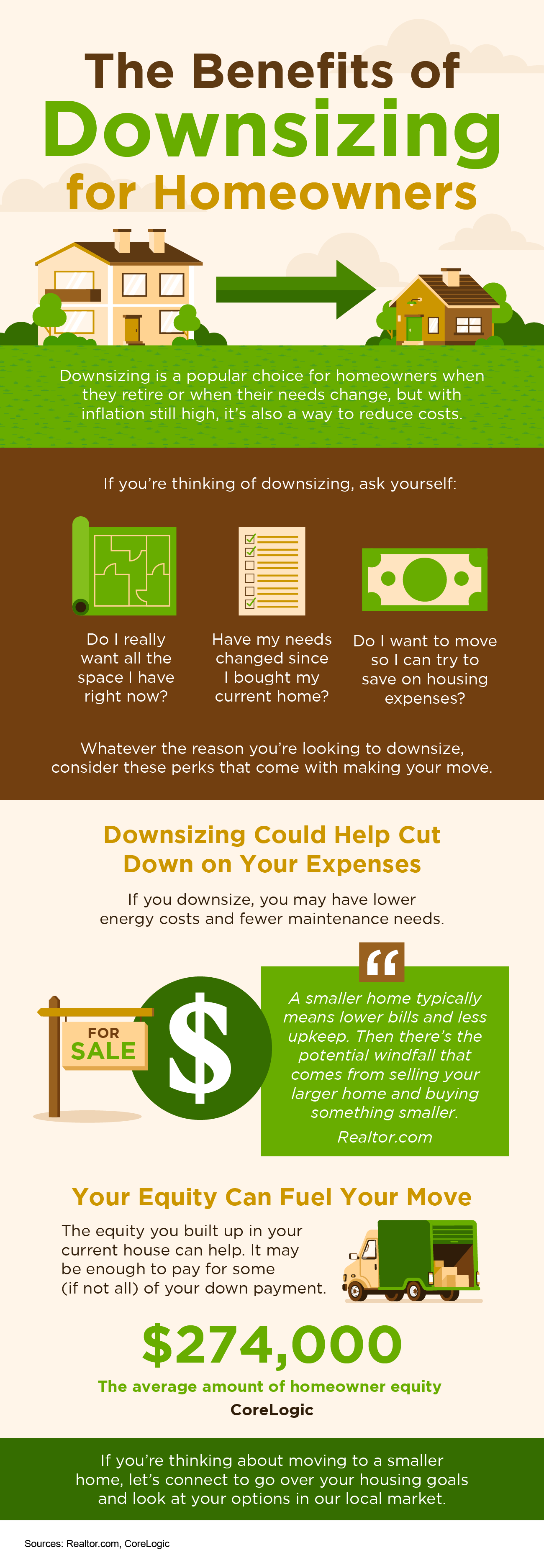
You may have heard some people say it’s better to rent than buy a home right now. But, even today, there are lots of good reasons to become a homeowner. One of them is that owning a home is typically viewed as a good long-term investment that helps your net worth grow over time.
Homeownership Builds Wealth Regardless of Income Level
You may be surprised to learn homeowners across various income levels have a much higher net worth than renters who make the same amount. Data from First American helps illustrate this point (see graph below):
What makes wealth so much higher for homeowners? A recent article from Realtor.com says:
“Homeownership has long been tied to building wealth—and for good reason. Instead of throwing rent money out the window each month, owning a home allows you to build home equity. And over time, equity can turn your mortgage debt into a sizeable asset.”
Basically, the wealth you accumulate when you own a home has a lot to do with equity. As a homeowner, equity is built up as you pay down your loan and as home prices appreciate over time. Mark Fleming, Chief Economist at First American, explains how this same benefit isn’t true for renters in a recent podcast:
“Renters as non-homeowners gain no wealth benefit as home prices rise. That wealth actually accrues to the landlord.”
Before you decide to sign another rental agreement, now is a good time to think about whether it would be better for you to buy a home instead. The best way to figure out what makes sense for you is to have a conversation with a real estate expert you trust. That professional can talk you through the benefits that come with owning to determine if that’s the right next step for you.
Bottom Line
If you’re not sure whether to keep renting or to buy a home, know that owning a home, no matter how much money you make, can help build your wealth. Connect with a local real estate agent to get started on the path to homeownership.

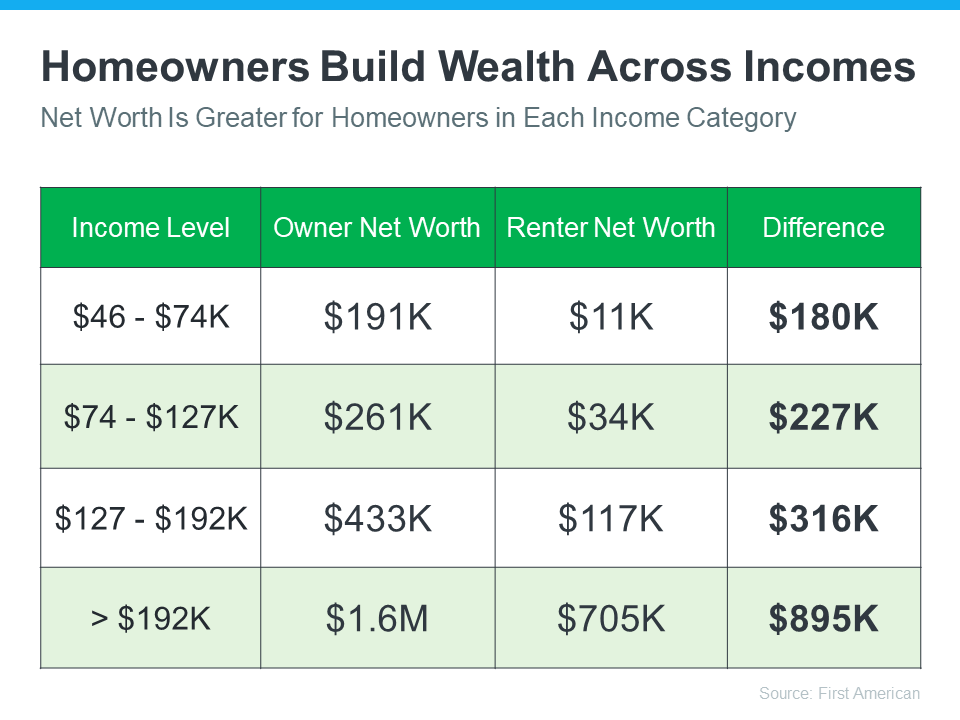

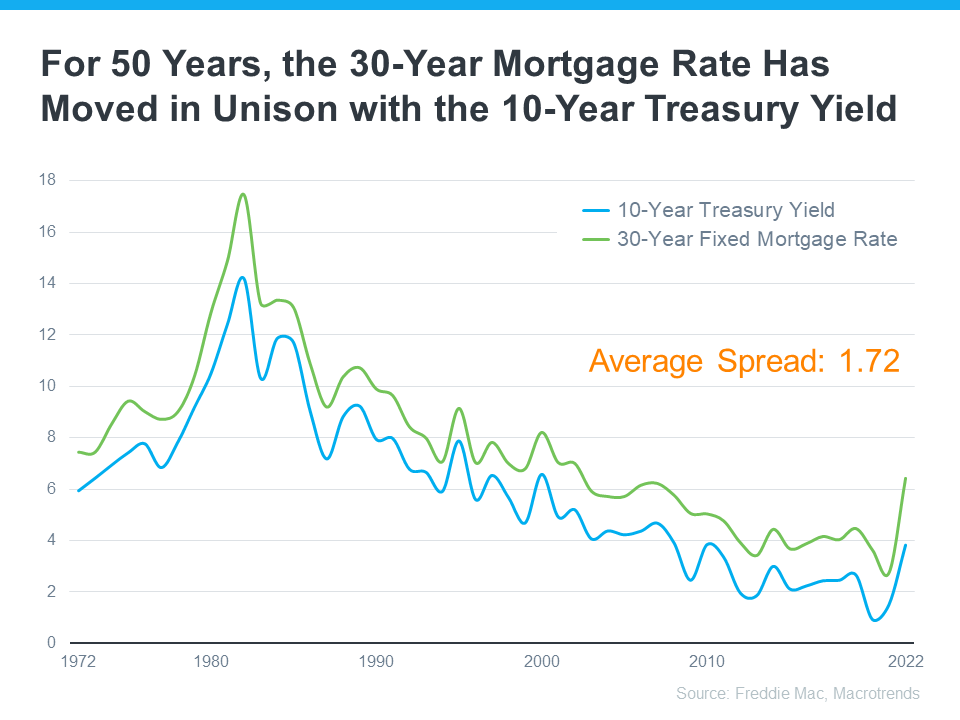
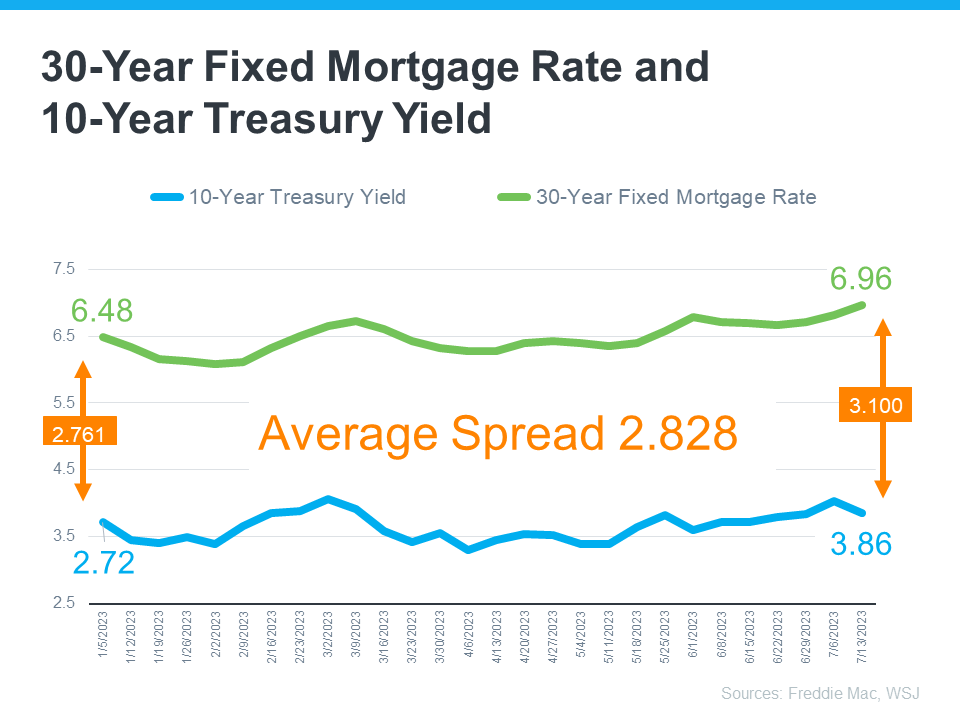

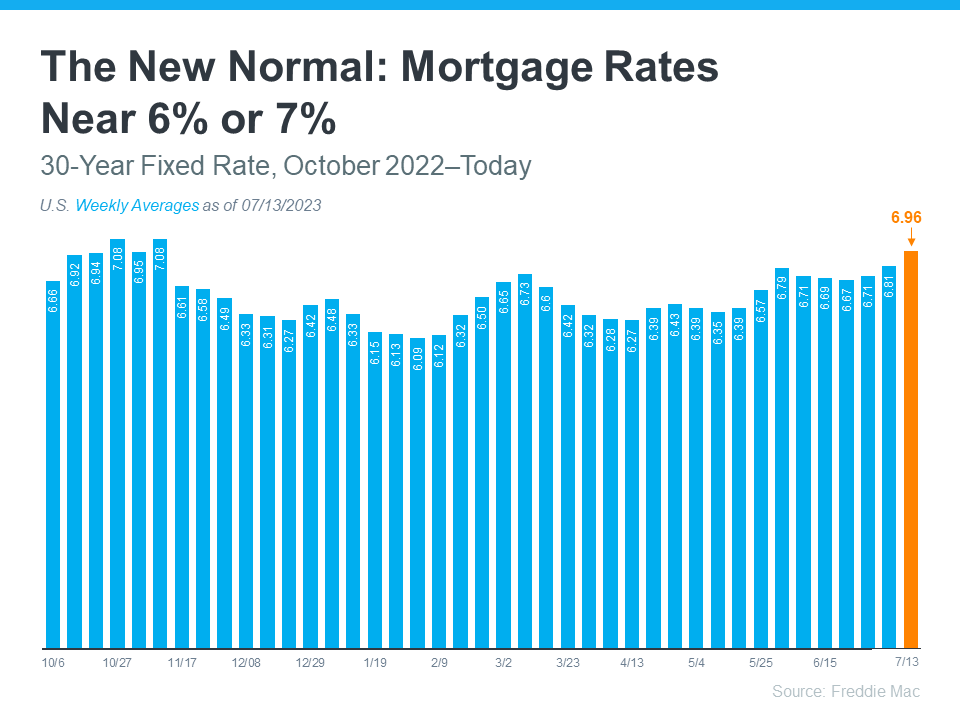
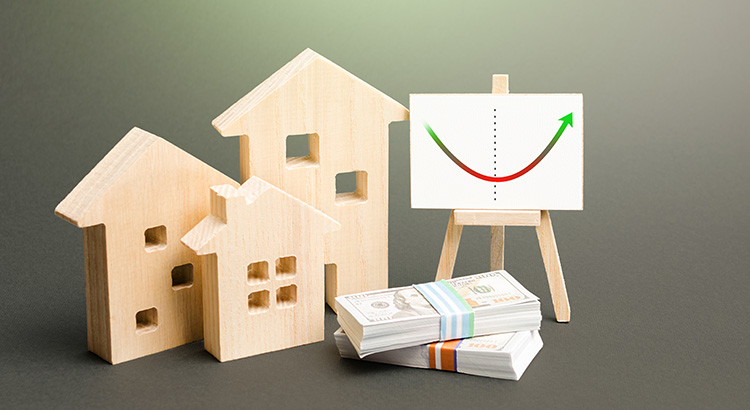
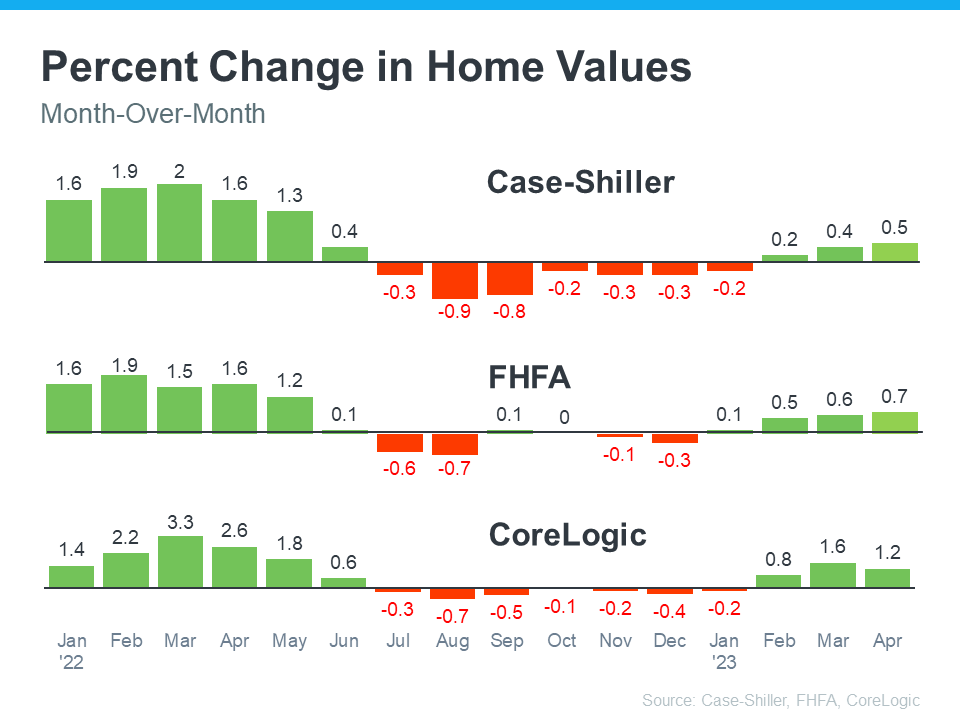
![Low Housing Inventory Is a Sweet Spot for Sellers [INFOGRAPHIC] Simplifying The Market](https://files.keepingcurrentmatters.com/content/images/20230713/Low-Housing-Inventory-Is-a-Sweet-Spot-for-Sellers-KCM-Share.png)
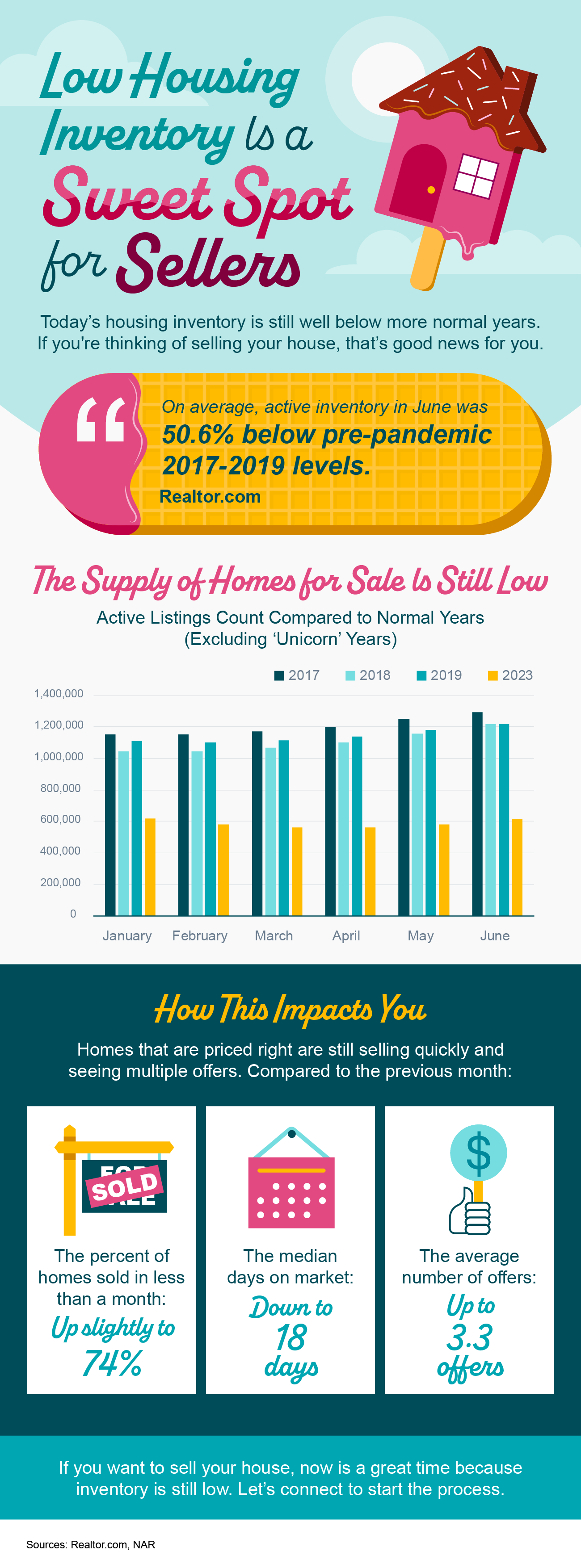

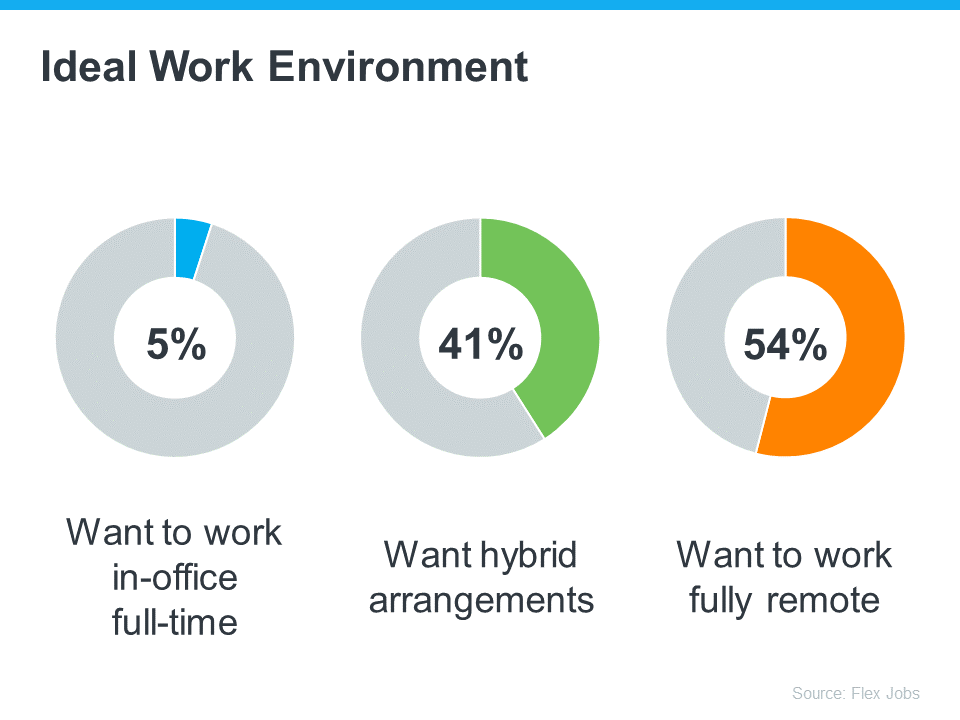


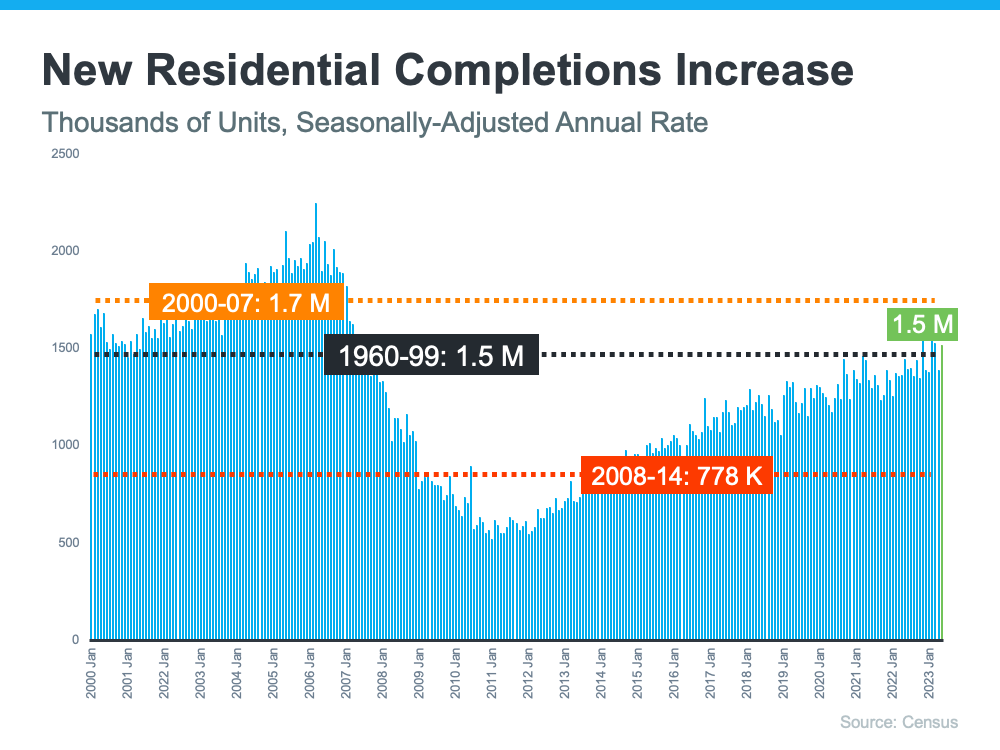
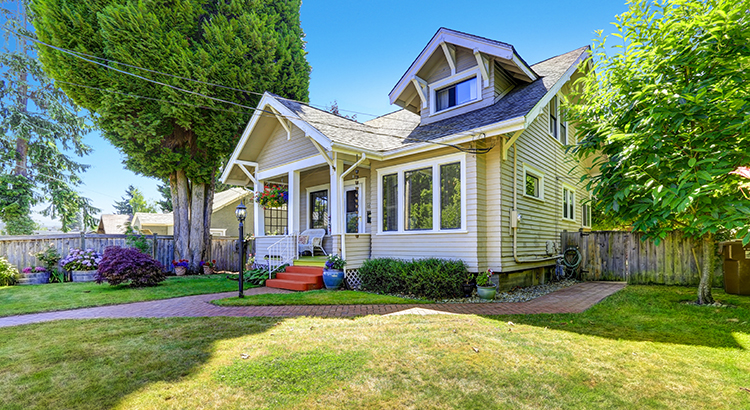
![The Benefits of Downsizing for Homeowners [INFOGRAPHIC] Simplifying The Market](https://files.keepingcurrentmatters.com/content/images/20230706/The-Benefits-of-Downsizing-for-Homeowners-KCM-Share.png)
